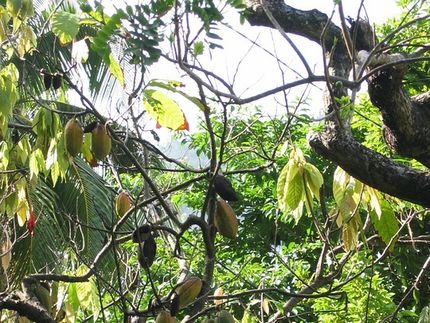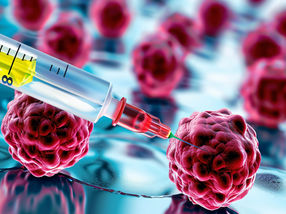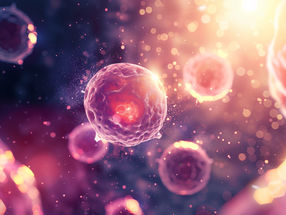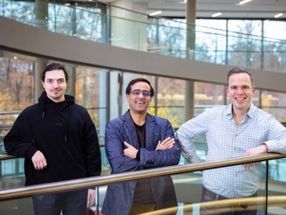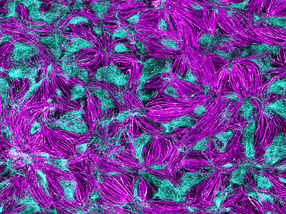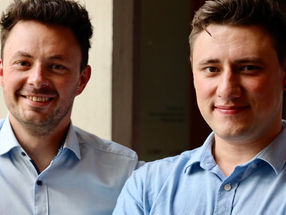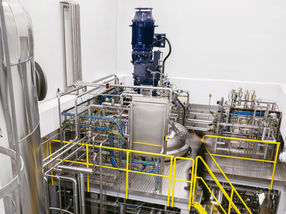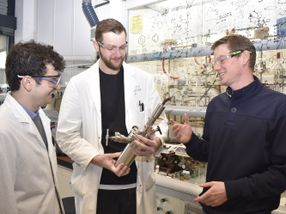Second-generation antisense drug ISIS 104838 reduces TNF-alpha in rheumatoid arthritis patients
Isis Pharmaceuticals highlights upcoming presentation of trial results At the 67th annual meeting of the American College of Rheumatology
22-Sep-2003
ISIS 104838 reduced TNF-alpha mRNA levels in synovial tissue and stabilized levels of TNF-alpha in blood, according to interim results of a Phase 2a clinical trial in rheumatoid arthritis (RA) patients receiving 300 mg of the second-generation antisense drug. Isis Pharmaceuticals, Inc. (NASDAQ:ISIS) announced today that the final results and additional data analyses of this first randomized, placebo- controlled Phase 2a clinical trial of its proprietary second-generation antisense drug for RA will be presented at the 67th Annual Meeting of the American College of rheumatology (ACR), October 23-28 in Orlando, FL. The Phase 2a trial was designed to evaluate the ability of ISIS 104838 to reach synovial tissue and reduce the level of TNF-alpha in blood and in synovial tissue, the lining surrounding joints that is inflamed in patients with RA. The study also evaluated the pharmacological effect of TNF-alpha inhibition by ISIS 104838 in patients with RA.
The abstract of the Phase 2a trial, entitled "Synovial biomarker Study of ISIS 104838, An Antisense Oligodeoxynucleotide Targeting TNF-alpha, in Rheumatoid Arthritis," is currently available to the public on ACR's website at www.rheumatology.org and contains interim data available at the time of abstract submission.
In the randomized trial, patients received either 100 mg (low dose) or 300 mg (high dose) of ISIS 104838 or placebo. Patients received six doses of ISIS 104838 over one month by subcutaneous injection or intravenous infusion. Synovial tissue lining patients' knees or wrists was biopsied at the start of the trial and at the end of the treatment period. At the time of the abstract, data were available for 15 patients.
Other news from the department research and development

Get the life science industry in your inbox
From now on, don't miss a thing: Our newsletter for biotechnology, pharma and life sciences brings you up to date every Tuesday and Thursday. The latest industry news, product highlights and innovations - compact and easy to understand in your inbox. Researched by us so you don't have to.
